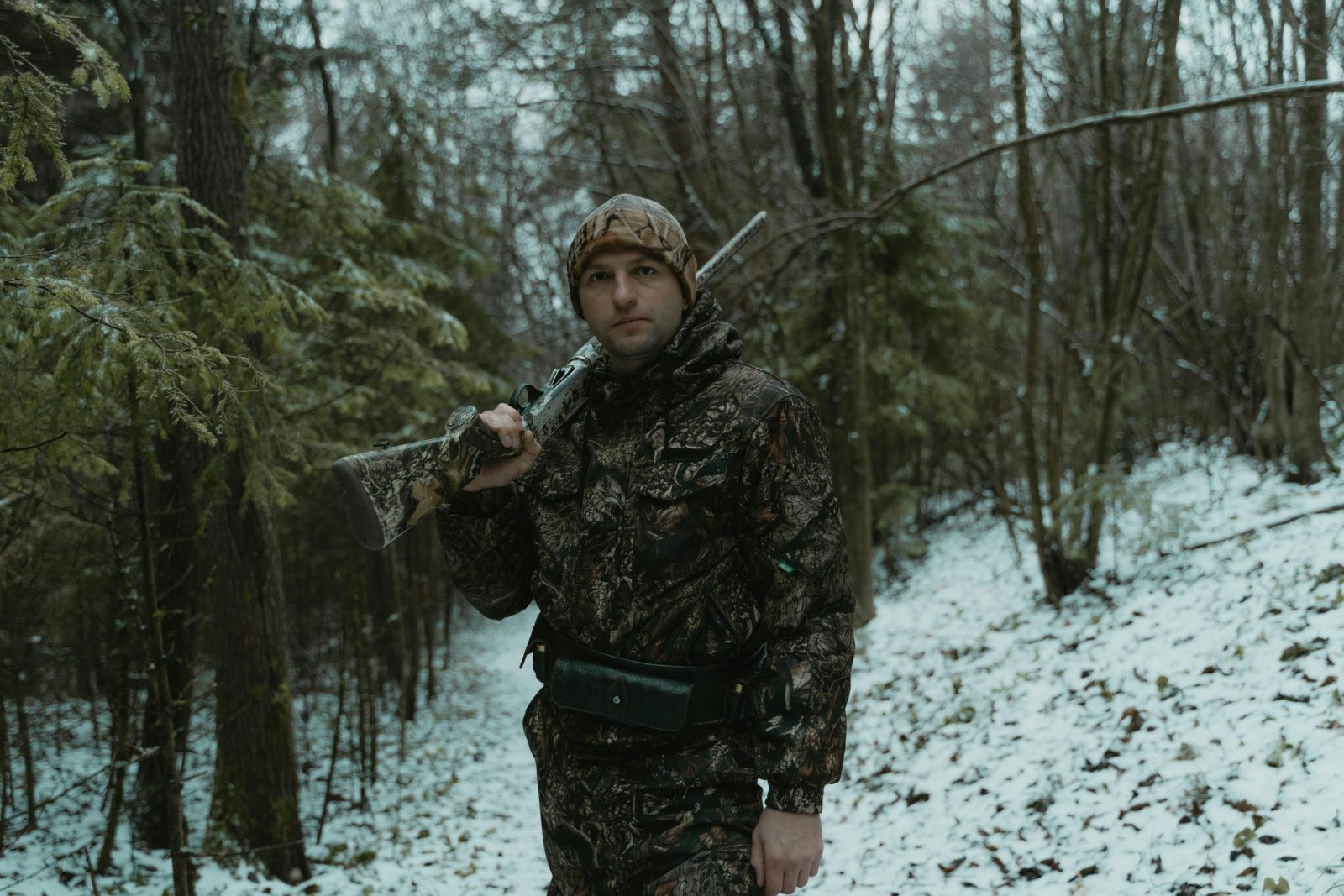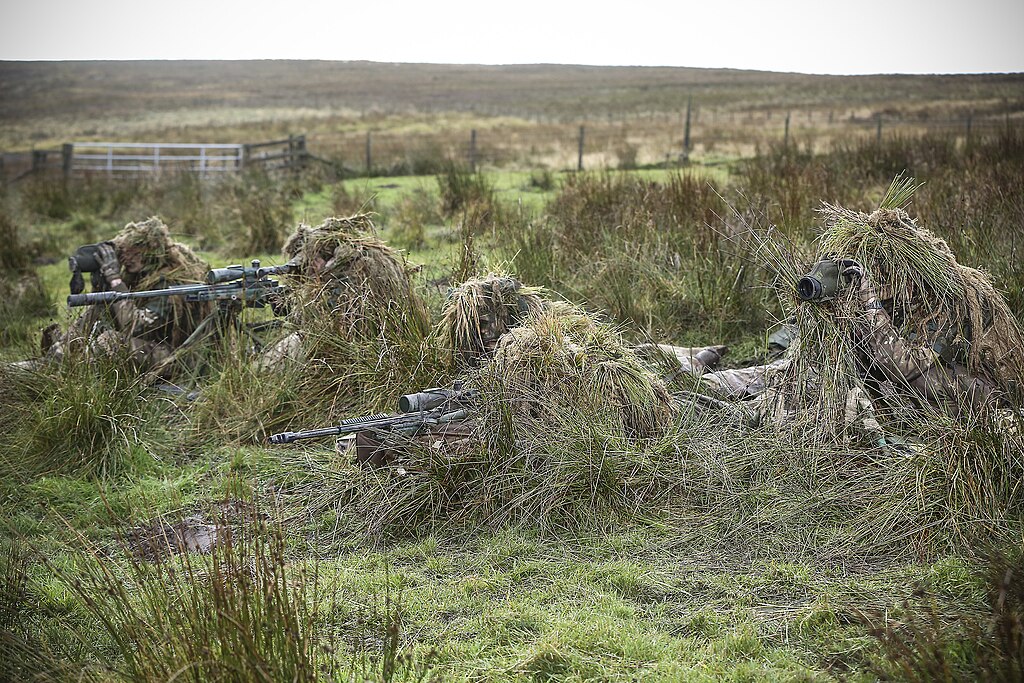Want to up your game during hunting season? Understanding how scent control works can significantly improve your odds. Animals like deer and elk have incredibly keen noses, allowing them to sense human scents from quite a distance. Your scent can linger in the air, clinging to your clothes and gear, and alerting wildlife long before they see you. By applying some science-backed techniques to manage your odor, you can stealthily navigate the wild and enhance your chances for a successful hunt.
How Do Animals Detect Your Scent?

The key takeaway is that game animals prioritize their sense of smell far more than sight or hearing. They have millions of scent receptors, which help them spot potential threats. Even a slight change in the wind can carry your scent over vast distances. So if you can read wind direction, humidity levels, and how scent particles move, you can gauge when wildlife might sense you before it even happens.
The Science of Scent Dispersion
Think of scent molecules as invisible markers wafting through the air. Factors like temperature, humidity, and air pressure all influence how these molecules behave. Warm air tends to elevate scents, while cooler air pulls them down. By understanding the environment you’re in, you’ll be able to place yourself more strategically for that perfect shot. Remember, controlling how your scent spreads is just as crucial as reducing it altogether.
Choosing the Right Clothing and Gear

Your choice of clothing plays a big role in your scent control strategy. Synthetic materials easily trap human odors, while specially-treated fabrics with carbon or silver offer better odor absorption. It’s a smart move to wash your hunting clothes in unscented detergent and store them in airtight containers to keep unwanted smells at bay. Also, be mindful of your gear’s smell to ensure everything stays under the radar, even when things change outdoors.
Managing Natural Odors from Skin and Sweat
Don’t overlook how your own body scent can affect your hunts. Sweat, natural oils, and even bacteria contribute to the odors animals detect. Taking a shower with unscented soap right before your outing and skipping strongly-scented deodorants can make a huge difference. Keeping clean and minimizing artificial odors helps you blend seamlessly into your hunting environment.
Why Wind Direction Matters
Pay attention to wind direction before and during your hunt! Staying downwind of your target means that your scent won’t drift toward them. You can use lightweight powders or even nature’s indicators, like the direction leaves move, to observe airflow. Positioning yourself according to the wind lets you approach unnoticed.
Leveraging Scent Eliminators and Cover Scents

You can effectively boost your scent control by combining both science and mother nature. Scent eliminators work at a molecular level to break down odor molecules, lowering your scent trail. Many hunters also swear by natural cover scents like pine or earthy smells to mask any residual odors. Applying these strategically allows wildlife to focus on the environment rather than sniffing out an unexpected human presence.
What You Eat Matters
Your diet can and does influence how you smell. Foods such as garlic, spices, or caffeine can alter your natural odor. Opting for neutral, simpler meals and staying hydrated can help minimize strong scents that might give you away. Prior to your hunting days, a clean diet can support your overall strategy for scent management.
The Future of Scent Control Tech
The evolution of scent control techniques combines chemistry, engineering, and biology all rolled into one. Companies are constantly innovating, creating materials and sprays designed to neutralize or absorb odors more efficiently than ever. Ozone generators, carbon fabric layers, and enzyme cleaners are just some examples of how hunters are using the latest tech to remain off the radar. The continuous progress underscores just how vital effective scent control is to achieving success in the wild.
Striking a Balance Between Science and Experience

It’s important to remember that simply using scent control techniques won’t guarantee a catch. Your successes lie in mixing scientific knowledge with awareness, tracking skills, and being patient. Pay attention to animal behavior, adjust to wind shifts, and move carefully to make your scent management tactics work effectively. While the science behind scent control can sharpen your edge, don’t forget that your instincts play a crucial role in completing the hunt.




















